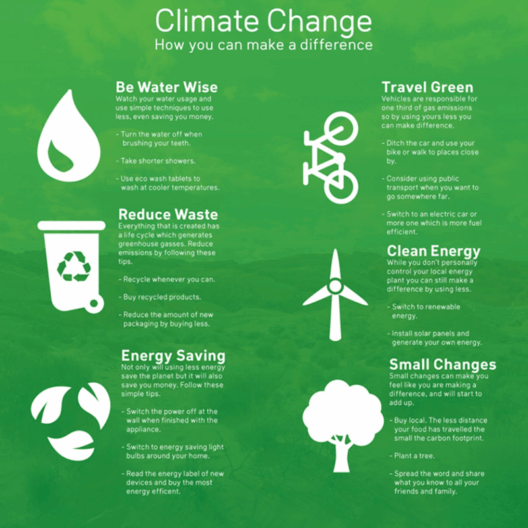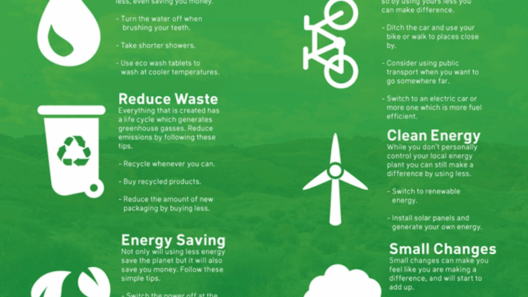Climate change has become an omnipresent concern, dominating discussions in scientific fields, policy-making, and public discourse. The undeniable alterations in our planet’s climate—rising temperatures, melting polar ice, and increasingly erratic weather patterns—raise an imperative question: Is climate change reversible? This inquiry invites exploration of various scientific perspectives, innovative mitigation strategies, and the socio-political dynamics that influence our relationship with the environment.
At the heart of the climate change crisis lies a complex interplay of natural and anthropogenic factors. While some scientists remain hopeful about the possibility of reversing certain effects of climate change through decisive actions, others maintain a more cautious outlook. Various methodologies, ranging from technological innovations to natural solutions, are under investigation to stem the tide of ecological degradation.
Understanding our planet’s ability to recover from climate change requires an examination of its underlying mechanisms, a theme that resonates through scientific literature and environmental advocacy.
Consequences of Climate Change: A Global Snapshot
The impacts of climate change manifest across diverse ecosystems and communities. Each effect invites scrutiny and evokes concern, illustrating the urgency of our current situation. Sea-level rise, for instance, threatens coastal habitats and human settlements, as evidenced by the coastal erosion witnessed in many areas globally. Ecosystems are not just fading; they are transforming—coral reefs are experiencing bleaching events, which jeopardize marine biodiversity.
Extreme weather patterns add another layer to our understanding of climate change. Increased frequency and intensity of hurricanes, droughts, and floods not only risk human lives but also destabilize economies and agriculture. The agricultural sector, in particular, faces profound ramifications. Shifting climate zones mean that traditional farming regions may become inhospitable, necessitating a paradigm shift in agricultural practices.
The social dimension of climate change is equally critical. Vulnerable populations—often those with the least capacity to adapt—must bear the brunt of environmental degradation. With food insecurity rising and natural disasters becoming more common, we must grapple with the ethical implications of climate change and assess our responsibilities toward future generations.
Current Scientific Views on Reversibility
In discussions exploring the potential reversibility of climate change, scientists often delineate between two primary concepts: curtailing future emissions and reversing existing damage. The former pertains to global efforts aimed at reducing greenhouse gas emissions through treaties such as the Paris Agreement, which seeks to limit global temperature rise to well below 2 degrees Celsius. Achievements in renewable energy technologies, carbon capture and storage, and energy efficiency represent pivotal advancements that can mitigate further climate change.
Conversely, reversing existing climatic effects remains fraught with complexity. Ecosystems often require decades to recover; even when we cease harmful practices, existing damages may persist for generations. Therefore, the prospect of restoration hinges on comprehensive strategies that blend technological innovation with preservation of natural ecosystems.
Nurturing Nature: The Power of Natural Solutions
In our quest for climate resilience, it is paramount to recognize and harness natural solutions. Reforestation, wetland restoration, and the preservation of biodiversity offer tangible pathways to mitigate climate impacts. Forest ecosystems, for instance, serve as pivotal carbon sinks, sequestering substantial amounts of CO2. Moreover, healthy wetlands function as natural buffers against flooding, providing critical ecosystem services while nurturing fauna and flora.
Investment in regenerative agricultural practices has gained traction in recent years, presenting a significant opportunity to bolster climate resilience while fostering sustainable food systems. By promoting crop rotation, cover cropping, and reduced reliance on synthetic fertilizers, we not only improve soil health but also enhance carbon uptake in agricultural landscapes. This integration of ecology with economy advances the conversation around climate action, inviting stakeholders from diverse sectors to participate in the solution.
Policy: The Catalyst for Change
Policy transformation plays an instrumental role in directing our efforts and shaping our future trajectory in addressing climate change. Effective policy frameworks should encompass preventive measures, promote sustainable practices, and support research initiatives involving innovative technologies. Furthermore, governments must cultivate intergovernmental collaboration, creating transnational alliances to address this global challenge collectively. The sharing of best practices and technologies across borders can accelerate the adoption of solutions that might otherwise mature slowly in isolation.
Public engagement is equally crucial. Raising awareness around climate change and its implications compels communities to take action, fostering a culture of sustainability. Education systems that emphasize environmental literacy empower individuals to make informed choices and advocate for systemic change.
The Road Ahead: Hope or Despair?
The path toward a climate-resilient future is undoubtedly fraught with obstacles. Scientific evidence reveals that we are at a critical juncture, where the decisions we make today will irrevocably shape our world for decades to come. While many scientists acknowledge the daunting challenges and time constraints associated with reversing the effects of climate change, a sense of optimism permeates parts of the dialogue. With collective action, innovative technologies, and renewed commitment to natural systems, there exists a glimmer of hope that we can mend the rift between human activity and nature.
Ultimately, the question of whether climate change is reversible does not lend itself to a straightforward answer. Nonetheless, it underscores the importance of proactive engagement and informed decision-making. Embracing the complexity of this challenge and acknowledging our role in shaping environmental trajectories can propel us toward a more sustainable and balanced future.







